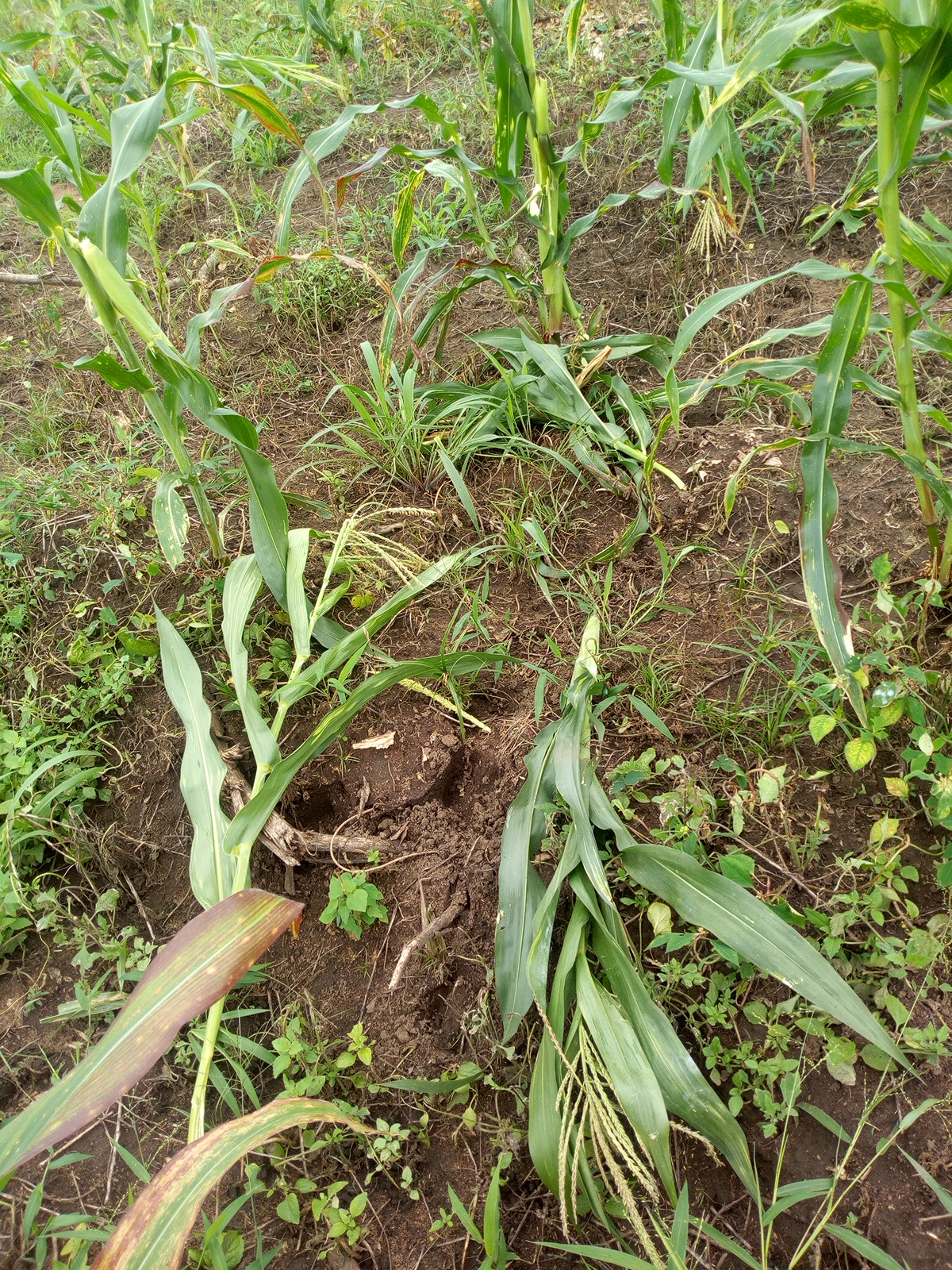The issue of herdsmen in Nigeria has been a longstanding challenge for the country’s agricultural sector. The problem stems from the practice of open grazing, where herders move their livestock from place to place in search of pasture and water. This has led to conflicts between farmers and herders, as well as the destruction of farmlands and crops.


One of the main challenges of the herdsmen problem is the lack of effective policies and regulations to address the issue. The Nigerian government has not been able to come up with a comprehensive policy to regulate the activities of herders and protect farmers’ rights. This has led to a situation where farmers and herders are left to resolve conflicts on their own, often resulting in violence and loss of lives.

Another challenge is the lack of infrastructure, such as grazing reserves, water points, and feedlots. This has forced herders to move their livestock through farmlands, leading to crop destruction and the displacement of farmers. The lack of access to water points has also led to conflicts between herders and farmers over water resources.
Furthermore, the problem of herdsmen has been exacerbated by the increase in population and the expansion of settlements into grazing areas. This has led to a decrease in the availability of grazing land and forced herders to move their livestock through farmlands, leading to conflicts with farmers.
To address the herdsmen problem in Nigeria, the government needs to take a multi-faceted approach that addresses the root causes of the issue. One of the key solutions is to promote the establishment of grazing reserves and ranches. This will provide herders with access to grazing land and water points, reducing conflicts with farmers.
The government also needs to provide support to farmers affected by the herdsmen problem. This can include compensation for crop destruction and the provision of inputs and equipment to help farmers get back on their feet.
Furthermore, there is a need for increased collaboration between farmers and herders. This can be achieved through the establishment of joint committees that can resolve conflicts between the two groups and promote peaceful coexistence.
In addition, the government needs to enforce existing laws and regulations on open grazing, and where necessary, introduce new policies to address the issue. This can include the establishment of grazing corridors, regulation of livestock movement, and the introduction of penalties for offenses related to open grazing.
In conclusion, securing farm labor in Nigeria can be a challenge, but there are several strategies that farmers can use to attract and retain workers. Developing partnerships, offering incentives, utilizing technology, providing training, building relationships, utilizing seasonal workers, advertising vacancies, and joining cooperatives are all effective ways to secure labor for farms in Nigeria. By implementing these strategies, farmers can improve their productivity, reduce their costs, and contribute to the development of Nigeria’s agricultural sector.



